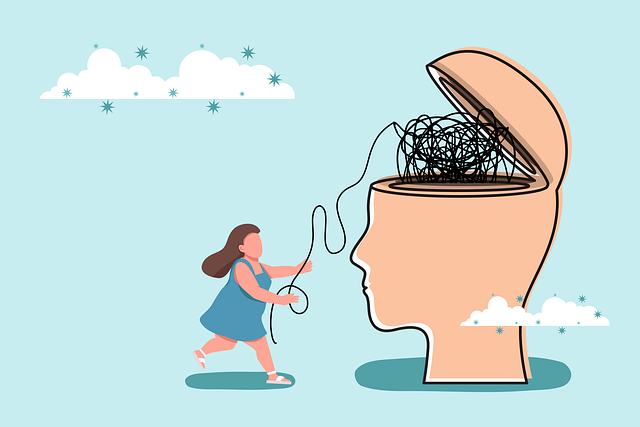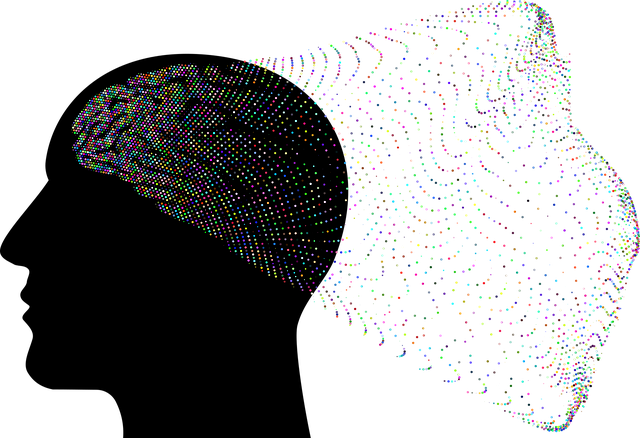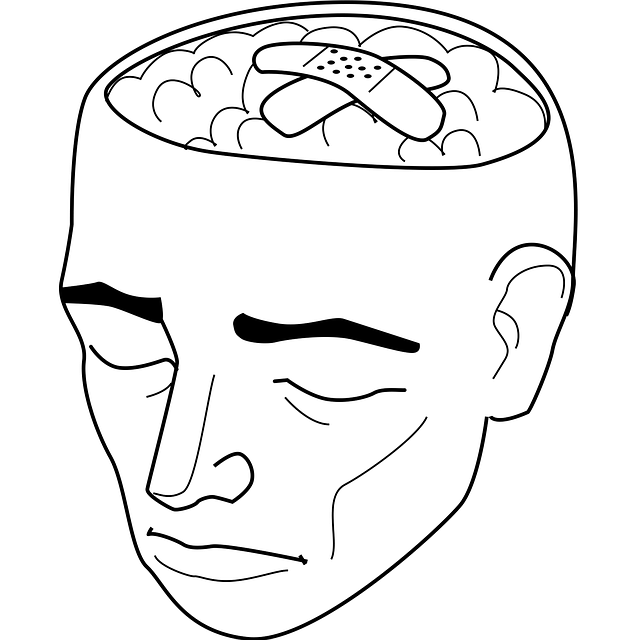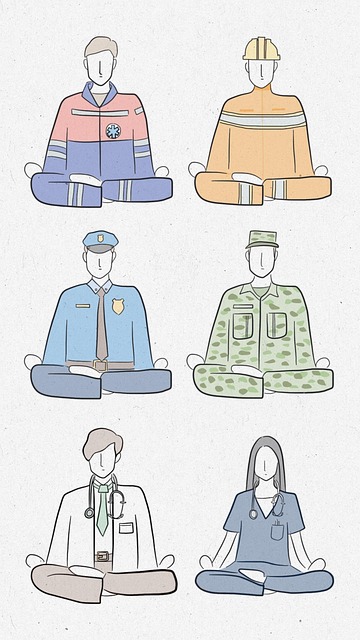Longmont First Responders Therapy emphasizes cultural sensitivity in mental healthcare, recognizing that patients' diverse backgrounds significantly influence their wellness journeys. They adapt therapeutic methods to align with cultural values, incorporating culture-specific techniques for conflict resolution and stress reduction. This inclusive approach ensures effective treatment tailored to each individual's unique needs, fostering safety and trust among first responders from various communities. By understanding and navigating cultural differences, Longmont First Responders Therapy provides accessible, culturally responsive mental healthcare services that promote inclusivity and overall mental wellness.
In today’s diverse society, cultural sensitivity in mental healthcare is more crucial than ever. The practice of Longmont First Responders Therapy highlights the unique challenges faced by those in high-stress professions, with a focus on trauma and cultural backgrounds. This article explores cultural diversity in mental health care, delving into its impact on therapy and healing while offering strategies for culturally competent practices. By understanding and addressing these considerations, therapists can create more inclusive and effective support systems for all clients, including first responders in Longmont.
- Understanding Cultural Diversity in Mental Health Care
- – Defining cultural sensitivity and its significance in mental healthcare
- – Exploring the impact of cultural differences on therapy and healing processes
Understanding Cultural Diversity in Mental Health Care

In today’s diverse society, mental healthcare practices must be culturally sensitive to meet the needs of a wide range of patients. Longmont First Responders Therapy understands that cultural diversity is a key factor in providing effective treatment. Each individual brings their unique background, beliefs, and experiences to therapy, which can significantly impact their mental wellness and recovery journey. By embracing this diversity, therapists create an inclusive environment where patients feel understood and supported.
This awareness extends beyond simple knowledge of various cultures; it involves adapting therapeutic approaches to align with a patient’s cultural values and norms. For instance, incorporating conflict resolution techniques tailored to specific communities can foster effective communication during therapy sessions. Moreover, recognizing the influence of culture on stress reduction methods allows therapists to offer personalized strategies that resonate with individuals from diverse backgrounds, ultimately enhancing the overall mental wellness of patients.
– Defining cultural sensitivity and its significance in mental healthcare

Cultural sensitivity in mental healthcare refers to the ability to understand, appreciate, and respect the cultural contexts, beliefs, and practices of individuals from diverse backgrounds. This involves recognizing that mental health experiences and expressions can vary greatly across cultures, as they are shaped by historical, social, and environmental factors. For instance, at Longmont First Responders Therapy, therapists must be attuned to the unique challenges faced by first responders from varied cultural communities, who may have distinct ways of processing trauma and seeking support.
Incorporating cultural sensitivity is paramount in mental healthcare as it ensures that services are accessible, effective, and respectful. It fosters a sense of safety and trust, encouraging individuals from all walks of life to openly discuss their mental health concerns. This understanding not only enhances the therapeutic process but also promotes wider Mental Health Awareness, enabling communities to develop inclusive Mental Wellness Journaling Exercise Guidance and Mental Wellness Coaching Programs that cater to diverse needs.
– Exploring the impact of cultural differences on therapy and healing processes

Understanding the impact of cultural differences is paramount in mental healthcare, as it significantly shapes therapy and healing processes. Every individual carries a unique cultural lens that influences their experiences, perceptions, and expressions of mental health issues. For instance, concepts of distress, coping mechanisms, and even the very definition of mental illness can vary across cultures. In Longmont First Responders Therapy, professionals must be adept at navigating these nuances to offer culturally sensitive care. Empathy building strategies, such as actively listening and questioning assumptions, allow therapists to gain insights into clients’ lived experiences, fostering a deeper understanding that strengthens the therapeutic alliance.
Cultural sensitivity goes beyond individual interactions; it also involves considering broader societal factors. Public awareness campaigns development, focused on breaking down cultural barriers, can help destigmatize mental health issues within communities. Additionally, social skills training tailored to diverse cultural backgrounds can enable individuals to communicate effectively with healthcare providers, further enhancing the healing process. By integrating these approaches, Longmont First Responders Therapy can ensure that its services are not only accessible but also culturally responsive, ultimately promoting more inclusive and effective mental healthcare for a diverse range of clients.
Cultural sensitivity is a cornerstone of effective mental healthcare, especially for diverse communities like those served by Longmont First Responders Therapy. By recognizing and appreciating cultural differences, therapists can create safer, more inclusive environments that foster trust and enhance therapeutic outcomes. This approach not only respects individual identities but also ensures equitable access to care, ultimately promoting better mental health and well-being across all cultures.














